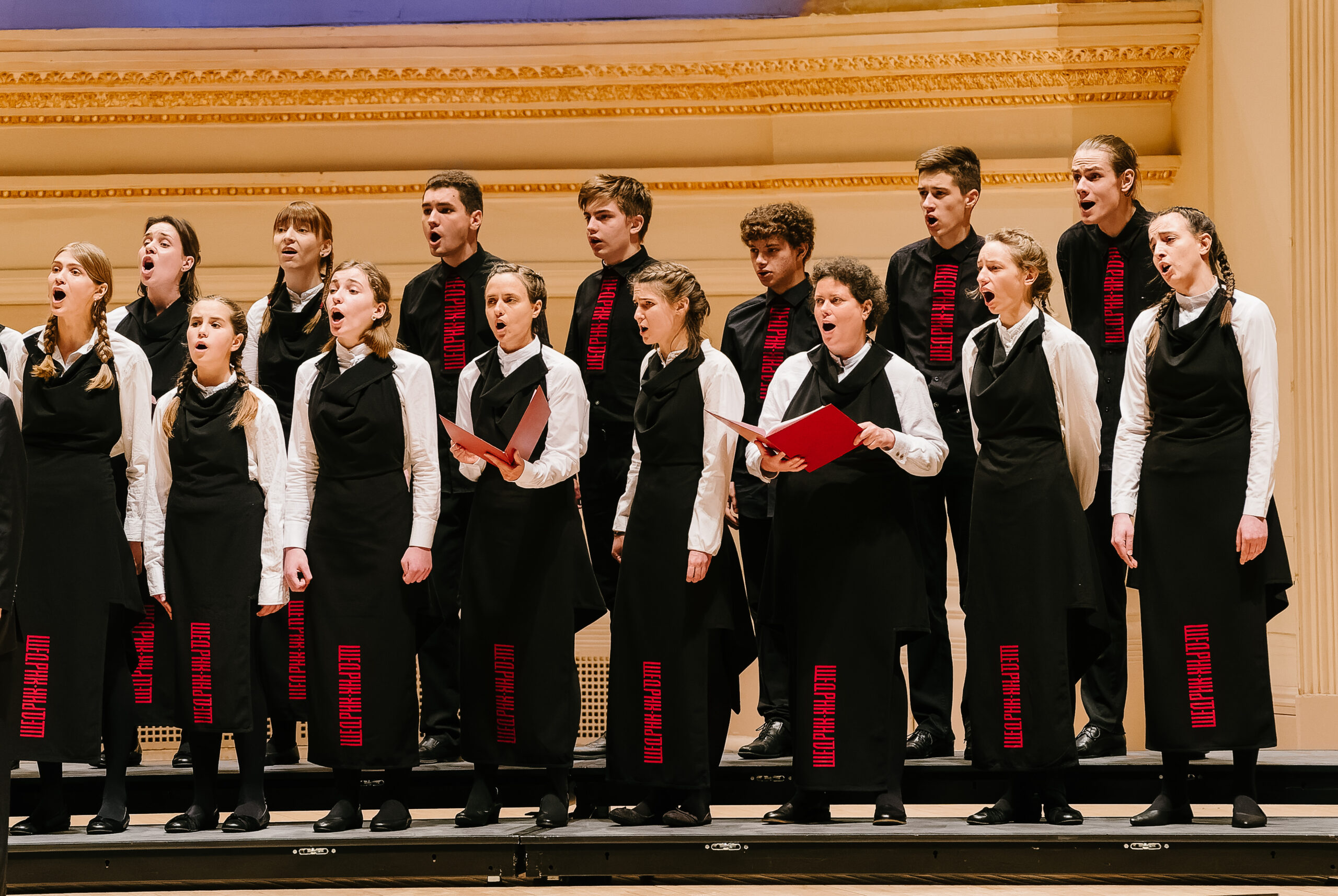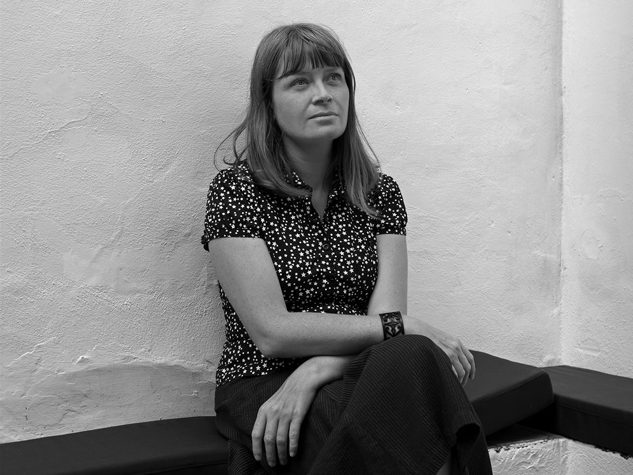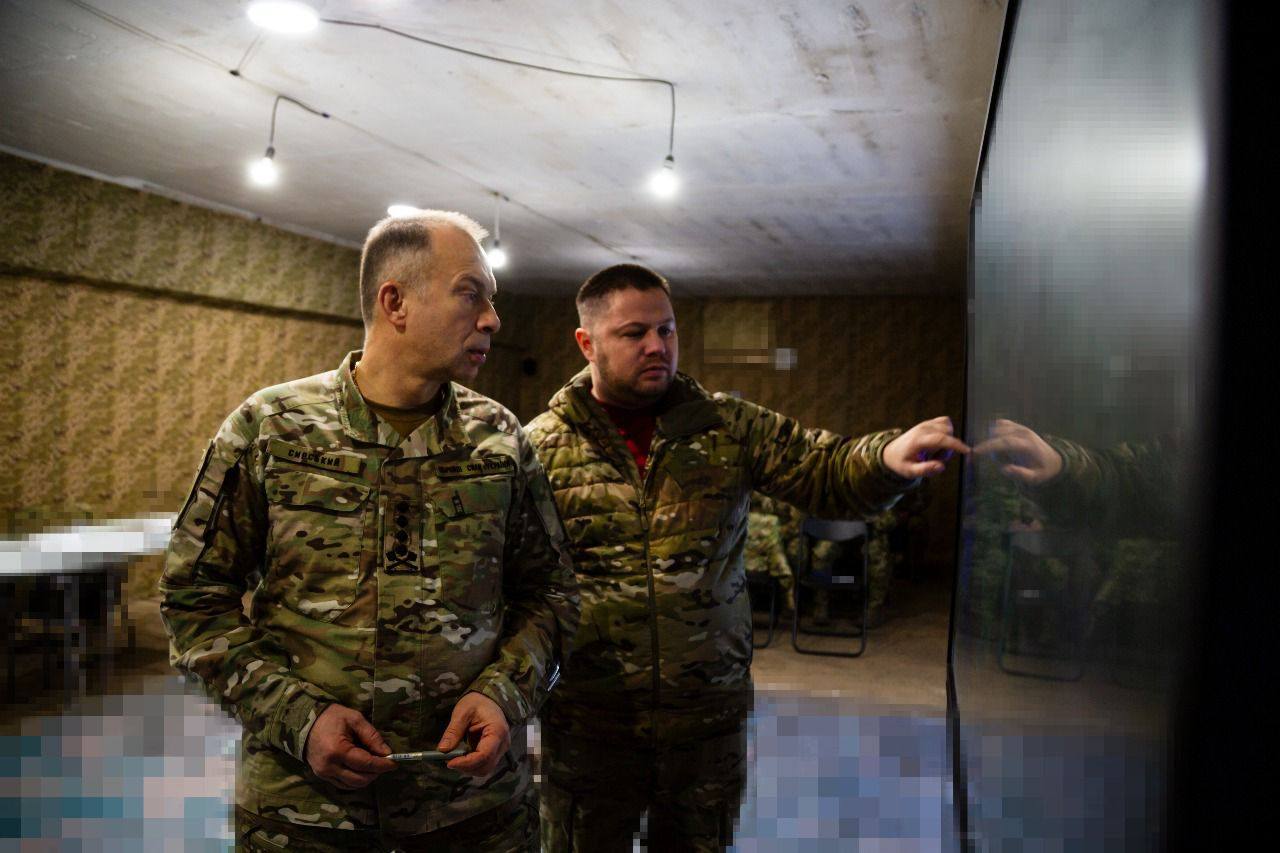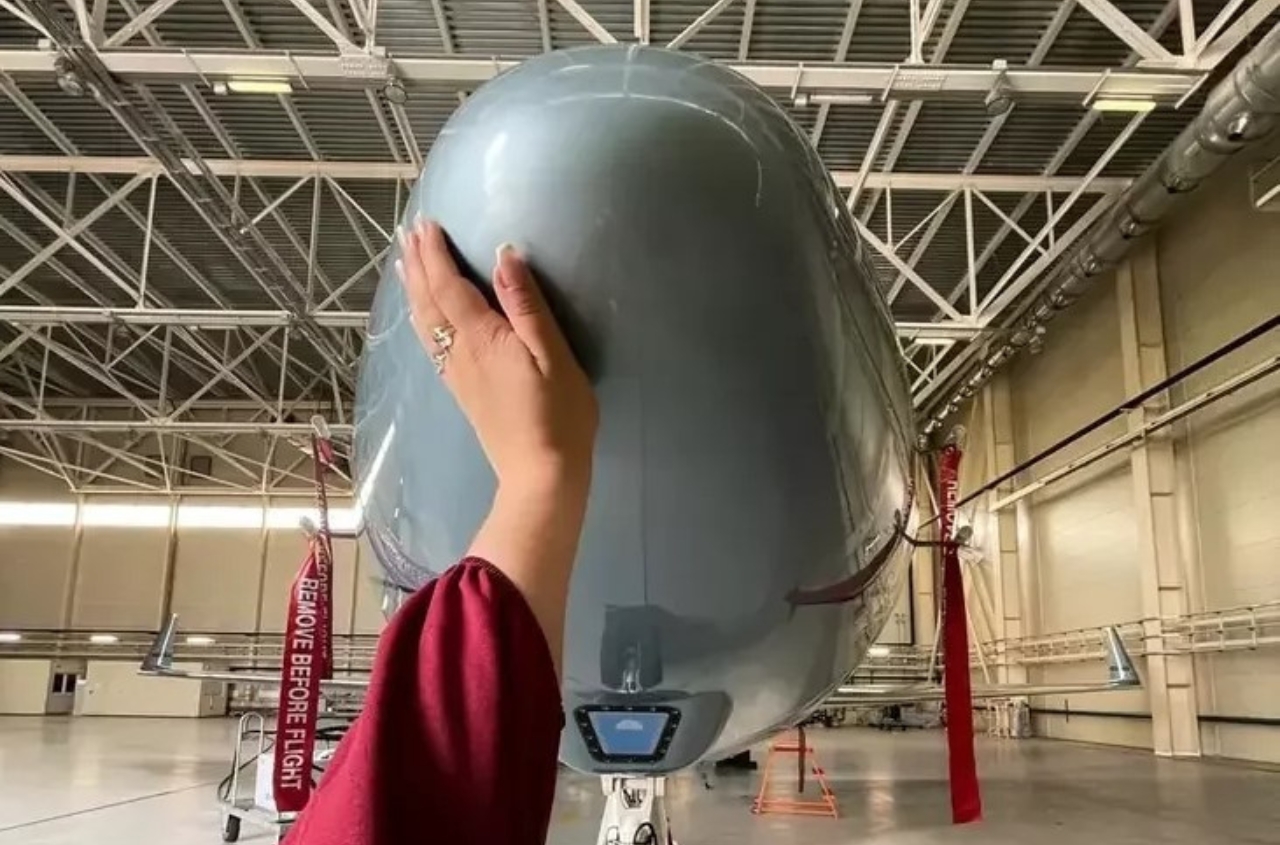The Ukrainian Institute was founded in 2018 amidst social and political transformations following the Revolution of Dignity. The challenges posed by the Russia-Ukraine war, shaping of Ukraine’s new political and cultural identity, and achievements of civil society are cross-cutting in the institution’s activities.
Think about Ukrainian performers at the biggest music showcases, Ukrainian film producers and films at the world’s top film festivals, promotion of Ukrainian theatre and literature, celebrating the centennial of the American premiere of ‘Carol of the Bells’ in New York, cooperation with major museums, telling the world the truth about the Russia-Ukraine war – what’s the connection? The answer is the Ukrainian Institute. For 5 years, it has been working on Ukraine’s cultural positioning in the world and shaping the country’s positive international image through cultural diplomacy.
“When the Ministry of Foreign Affairs created the Ukrainian Institute five years ago, there was an understanding that cultural diplomacy is essential for foreign policy. Ukrainian culture and art win the hearts of people around the world, shape perceptions of Ukrainians, and tell us who we are. Today, during Russia’s genocidal war against Ukraine, preserving and promoting our identity has become even more important. As a new institution, the Ukrainian Institute has successfully overcome the most difficult stage of its formation, the first five years. I am convinced that its effectiveness and influence will only grow in the future,” said Dmytro Kuleba, Minister of Foreign Affairs of Ukraine
In 5 years, the Ukrainian Institute has held 430 cultural events and projects in 87 countries. These include numerous exhibitions, film screenings, concerts, theatre performances, conferences, public discussions, and communication campaigns, as well as the UK/Ukraine Season of Culture and the Bilateral Year of Culture Ukraine-Austria 2019. Overall, almost 2 million people attended the events of the Ukrainian Institute, and the audience reached over 752 million.
“I would like to express my gratitude to the team of the Ukrainian Institute, who have been representing Ukrainian culture abroad in a professional and systematic manner for the past 5 years. This period has been extremely turbulent and challenging, and yet through the efforts of robust post-Maidan institutions like the UI, we have managed to implement exciting projects, defend our identity every day, counter Russian aggression, generate meanings, and do our best for our victory. On behalf of the Supervisory Board, I am honoured to be a part of the extraordinary and momentous changes that the Ukrainian Institute is making,” said Julia Sinkevych, Head of The Supervisory Board of the Ukrainian Institute.
The Ukrainian Institute implements long-term programmes for artists, cultural managers, and to support projects in various fields: exhibitions of contemporary Ukrainian art (Visualise), participation of theatre professionals in international events (Perspective), promotion of Ukrainian cinema (proMOTION), presenting musicians at foreign festivals and concert venues (Extra Sound), supporting Ukrainian studies in the world (Lysiak-Rudnytskyi Programme), etc. The UI, together with its partners, established the Drahomán Prize for translators from Ukrainian into foreign languages, and the Women in Arts Award, celebrating the achievements of women in Ukrainian culture.
In an effort to draw attention to the destruction of Ukraine’s cultural heritage by Russia, the Ukrainian Institute launched the ‘Postcards from Ukraine’ campaign that reached more than 70 million foreigners. British actor Hugh Bonneville, Lithuanian singer Monika Liu, and USAID Administrator Samantha Power were the voices of the campaign. Iconic director Martin Scorsese and Hollywood actress of Ukrainian descent Vera Farmiga hosted a concert to mark the centennial of the premiere of ‘Carol of the Bells’ in New York.
To promote Ukrainian cuisine as a cultural asset and part of Ukraine’s intangible heritage, the UI created the book UKRAINE. Food & History, which is now available in five languages. Moreover, the UI launched three online courses in foreign languages: ‘Ukraine: History, Culture and Identities’, ‘Crimea: History and People’, an introductory course on the past and present of Crimea, and a course on the history of Ukrainian culture.
“A systematic and consistent policy of cultural diplomacy is critical to Ukraine’s victory and prosperity. Through culture, we can tell the world the truth about our past, present and future, and defend our right to cultural sovereignty. I am convinced that the five years of the Ukrainian Institute’s activity have changed the attitude of foreigners toward Ukraine and laid the foundations for sustainable relations between people and institutions from many countries. I am grateful to all of our partners in 26 countries and to the extremely professional and dedicated team of the UI,” said Volodymyr Sheiko, Director General of the Ukrainian Institute.
In its activities, the UI relies on the latest, verified, and scientifically sound data. Over the past 5 years, 20 analytical studies have been carried out, including on the perception of Ukraine abroad, on the centres of Ukrainian and Crimean Tatar studies in the world, and on the cultural diplomacy strategies of the Russian Federation. The Ukrainian Institute is actively working on the topic of Crimea: holding screenings of the documentary performance ‘Crimea, 5 am’ in London, Warsaw, Berlin, Cologne, and Kyiv; preparing the Crimea Platform Summit cultural programme; and creating the VR-project ‘We are Crimea’ that allows anyone to see the sights of Crimea through the eyes of famous people who cannot get home due to the temporary occupation of Crimea by Russia.
Russia’s full-scale war against Ukraine has proved once again that cultural diplomacy is a factor of national security. Throughout 2022-23, the lion’s share of UI projects was aimed at informing foreigners about the preconditions and context of the war, refuting prejudices, stereotypes, and Russian disinformation. In 2023, the UI opened its first foreign representative office in Germany and is currently preparing the opening of a second representative office in France.
The Ukrainian Institute is grateful to the Armed Forces of Ukraine for making it possible to continue working and telling the world about Ukraine and its culture.





















